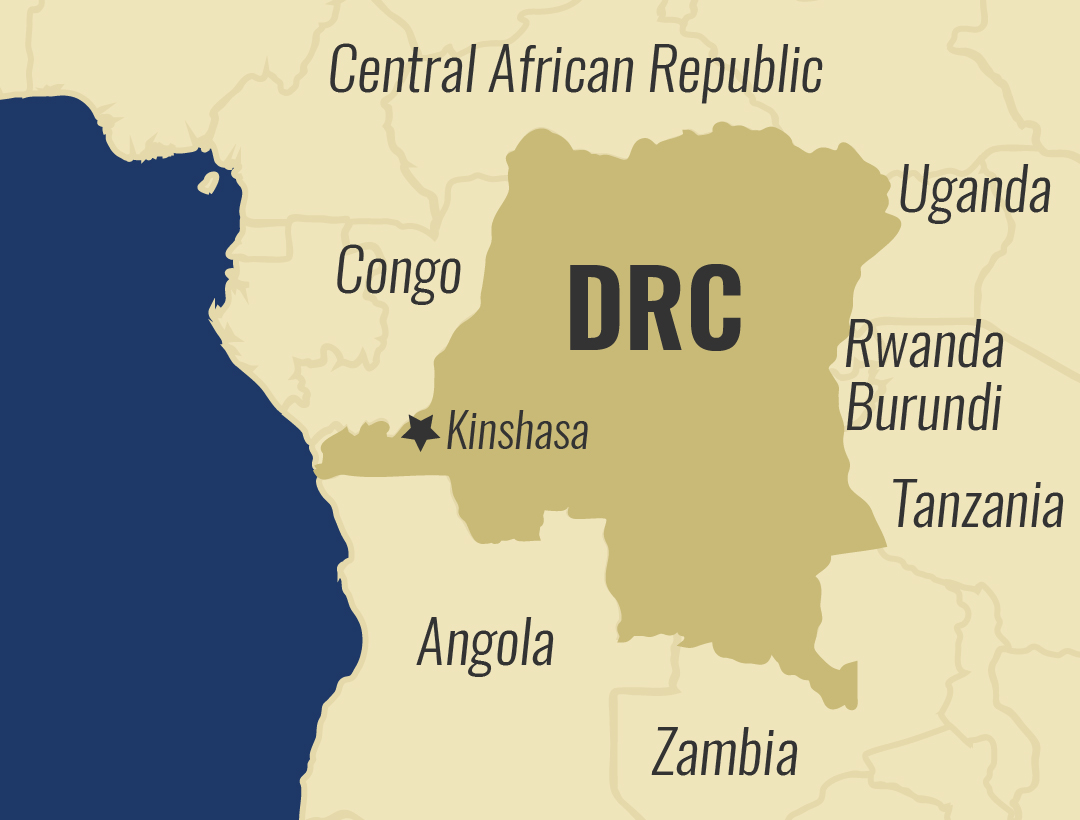Faces of Africa 04/23/2017 Kwame Nkrumah: A story of Vision and Tragedy
Kwame Nkrumah was born in 1909, Gold Coast [now Ghana] and died in 1972.
He was a Ghanaian nationalist leader who led the Gold Coast’s drive for independence from Britain and presided over its emergence as the new nation of Ghana. Baptized a Roman Catholic, Nkrumah spent 9 years at the Roman Catholic elementary school in nearby Half Assini.
After graduating from Achimota College, he started his career as a teacher at Roman Catholic junior schools.

Increasingly drawn to politics, Nkrumah decided to pursue further studies in the United States where he studied the literature of socialism and nationalism.
“Nkrumah was very much inspired by Marcus Garvey and the whole idea of return to Africa and black freedom and that inspired him a lot too,” Dr. Narh Oyortey a historian recounted.
Meanwhile in the Gold Coast, J.B. Danquah a Ghanaian statesman had formed the United Gold Coast Convention (UGCC).
Invited to serve as the UGCC’s general secretary, Nkrumah returned home in late 1947. As general secretary, he addressed meetings throughout the Gold Coast and began to create a mass base for the new movement.
When extensive riots occurred in 1948, the British briefly arrested Nkrumah and other leaders of the UGCC. When disputes marred UGCC, Nkrumah formed the Convention Peoples’ Party (CPP), a party that was committed to self-governance.

In 1950, Nkrumah initiated a campaign of positive action, involving nonviolent protests and non-cooperation with the British colonial authorities. In the ensuing crisis, services throughout the country were disrupted, and Nkrumah was again arrested and sentenced to one year in prison. “His arrest did not in any way deter enthusiasm within his party that he had founded,” Kwesi Pratt a Journalist said.
CPP won Gold Coast’s first general election in 1951.
Elected to Parliament, Nkrumah was released from prison to become leader of government business and, in 1952, prime minister of the Gold Coast. When the Gold Coast became independent within the British Commonwealth as Ghana in 1957, Nkrumah became the new nation’s first prime minister.

Nkrumah’s popularity in the country rose, as he enabled construction of new roads, schools, health facilities and creation of better career opportunities. By a direct vote of 1960, Ghana became a republic and Nkrumah became its president.
Nkrumah concentrated his attention on campaigning for the political unity of black Africa, and he began to lose touch with realities in Ghana. His administration became involved in often ruinous development projects, and the once-prosperous country became crippled with foreign debt.
The attempted assassination of Nkrumah, the first of several—led to his increased seclusion from public life.
“One day, he was walking from his house to the office and a policeman opened fire on him but was unable to kill him,” Kwesi Pratt a Journalist recalled.
Early in 1964 Ghana was officially designated a one-party state, with Nkrumah as life president of both nation and party. While the administration of the country passed increasingly into the hands of self-serving and corrupt party officials, Nkrumah busied himself with the ideological education of a new generation of black African political activists.
Meanwhile, the economic crisis in Ghana worsened and shortages of foodstuffs and other goods became chronic.

“At one time, we had the highest per capita income in Africa. Ghana, for the first time was rationing soap, milk and other things we were buying at the Accra Sports Stadium,” Prof. Mike Ocquaye, a former Member of Parliament narrated. In 1966, while Nkrumah was visiting Beijing, the army and police in Ghana seized power. Returning to West Africa, Nkrumah found asylum in Guinea, where he spent the remainder of his life.
He died of cancer in Bucharest, Romania in 1972.





